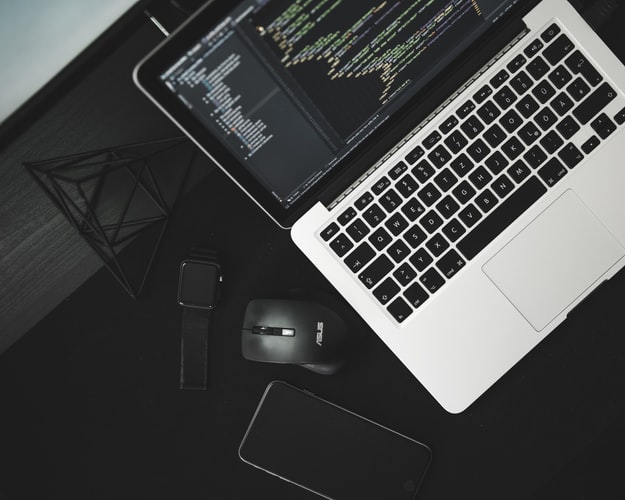Why are cybersecurity and privacy vital? What do cybersecurity and privacy mean? Let’s find out about them in this article.
Cybersecurity And Privacy Definition
Cybersecurity is the phase or method of securing and repairing information networks. As well as networks, computers, and systems of some sort of cyber threat.
Cyber threats are an extremely complex and growing threat to sensitive data. As hackers, they use new methods driven by social media and artificial intelligence. To defeat the typical security measures.
While, privacy, also known as data privacy, refers to how a bit of info or data must be treated based on its value.
For example, you probably wouldn’t mind exposing yourself to a stranger by stating your name. But there’s some stuff you’d rather keep private. At least not until you can get to know the person better.
If you open up a new bank card, however, you’ll almost likely be asked to submit a lot of personal details. Your name isn’t enough.
Then, why are cybersecurity and privacy vital? Let’s find out.
The Vitality Of Cybersecurity
The value of cybersecurity is now on the grow. Essentially, our world is much more tech-based now than ever. But there is no hint that this change is going to cool down.
Data leaks that might lead to fraud are also openly shared on social media sites. Private info such as social security cards, credit card info, or bank card records. They are all placed in cloud computing systems such as Dropbox or Google Drive.
It doesn’t matter if you’re a person, a small firm, or a big company. You, on the other hand, focus on computers on a daily basis.
Mix this with the growth of cloud providers, weak cloud service safety, phones, and the Internet of Things (IoT). We now face plenty of cybersecurity risks that did not exist just a few years ago.
The relation between cybersecurity and information security must be known. Despite the fact that the skill sets have become real similar.
The Vitality Of Data Privacy
Once the data that must be kept secret is in the bad hands. Poor stuff will happen then.
For instance, misuse of data by a government entity could occur. Put a top-secret insight into the control of the enemy.
A company breach may place private data in the control of a rival.
A school leak may place the PII of students in the care of hackers. That might conduct theft of identity.
Leaks in a hospital or a health clinic could put PHI in the control of someone who may have misused it.
Five Easy Tips To Help Secure Your Private Data
- Using the mail slot and even lock mailboxes at home. So the thief can’t take your mail.
- Before dumping, shred the papers. Include receipts, bank or credit card receipts. It contains private info.
- Ensure your personal Wi-Fi network, as well as other devices, are safe. Enough that the hackers can’t “eavesdrop” the online operation.
- Don’t offer your Social Security number directly. Often since someone is looking for it. Assess if they still need it. But if so, tell how they’re going to help protect it.
- Using solid, log-in details for all your internet accounts.

